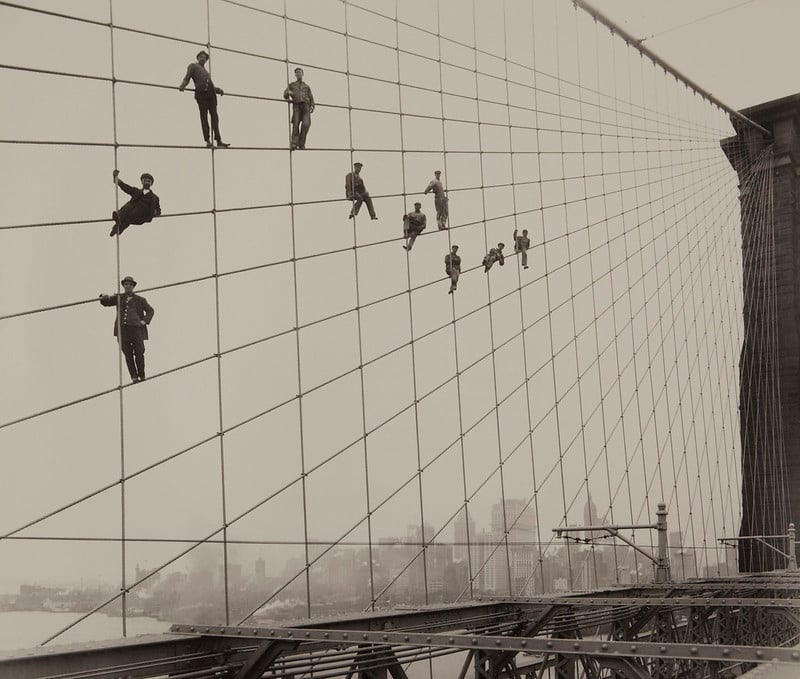Basics

One of the summer interns asked to meet with me as our organization’s summer session closed and universities called students back to classes, and he asked how I maintain aaaannny balance between a full workload and my own interests / obsessions for stories that don’t fit into my daily nonfiction storytelling outlets.
Fractions, I said.
Five years ago, I evaluated how I was spending my time after feeling—for too long—frustrated. I was cranking away all year on projects outside of work, and I was resentful most of the summer about my own decision to tether myself indoors to screens and archival documents. Summer should be spent at the pool, in the park, or otherwise playing outside.
So I began to split my years into three parts with the recognition and expectation that the middle one-third, the summer, would be limited in “productivity.” It’s not productive by any economic definition, and that’s the goal. That time is an important block of creative refueling. True recreation.
The end of August means entering another chunk of available project time, and I’ve read and thought a lot about the basics of archives before I embark again.
With care and intention, archives around the world are diversifying, but…
Archives reflect privilege. In most cases that privilege is money, which increases the likelihood of preservation. As an example, thousands of documents and artifacts from a Confederate general dwarf the two boxes of scattered clippings from a man the general enslaved, who went on to become one of Florida’s first Black doctors.
Timing is also a privilege. To keep or not? In a series of moments, the string of humans who answer that question leads to the existence of one archival object or the disappearance of another. Those choices also result in “negative space created by the collective intellectual and emotional gestures that formed” a given archive.
Acknowledge and account for these gaps.
That could even mean studying them. “There are many silences in the archives, but maybe we are looking too hard for sound.” What might the silences themselves say? What curiosities and truths might the absences hold? The questions are worth asking.
But remember, limits are real. I fight, wrestle, and refuse this point because my resistance has often produced more complete, complex stories. One more database search. One more box to open. One more try. “We like to think that any mystery will yield in the end: We just have to dig deeper, or build a bigger magnifying glass.”
Exactly. Yet the gaps, the privileged choices, and the impossibility of saving everything means that some questions will forever be the bend in the road around which we cannot and will not ever see.
**
This newsletter was written on the traditional lands of the Menominee and Potawatomi.